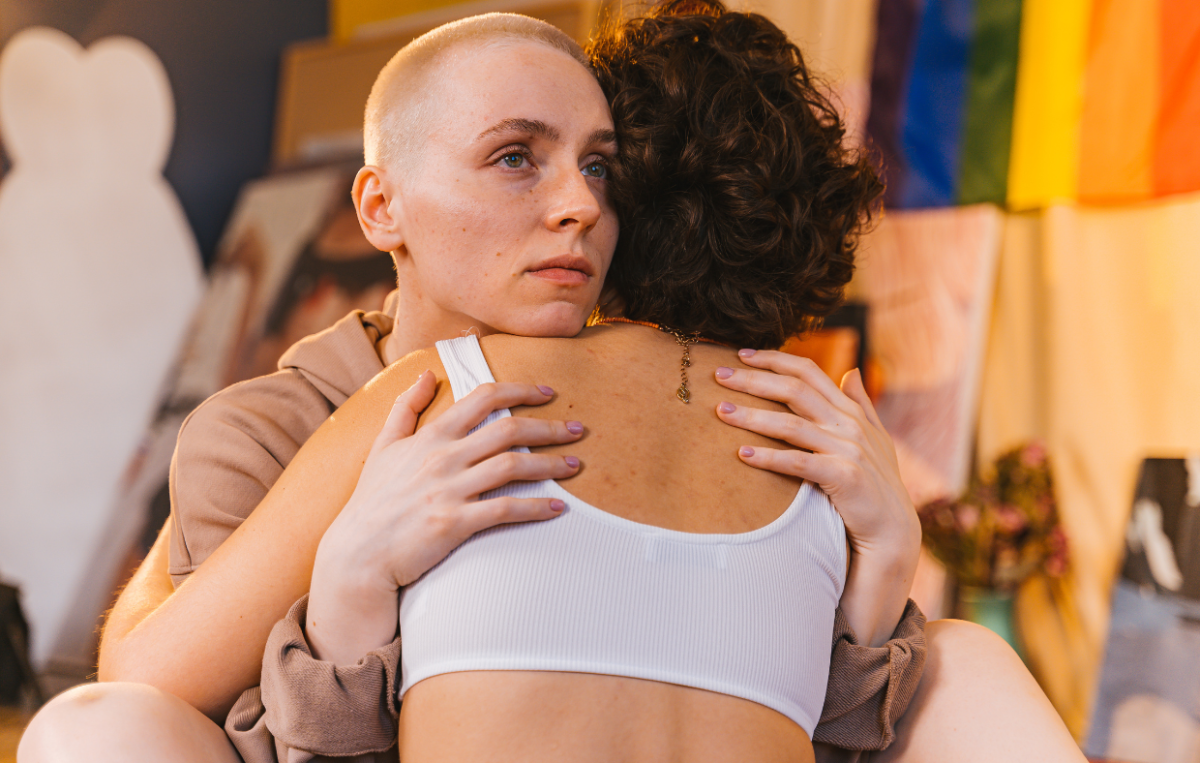How to Support Loved Ones after a Traumatic Event
Traumatic events can happen to anyone, at any time. But, when it affects our loved ones, it can be difficult to know what to do, especially if you have never handled a similar situation before.
Whether it’s domestic violence, sexual abuse, gun violence, or any form of loss or grief, post-trauma support for the victim contributes significantly to their healing journey.
Read on for the best ways to support your loved ones when coping with traumatic events.
Best Ways to Support a Loved One after Trauma
When your loved one experiences any kind of trauma, it will take time to process the pain and eventually heal.
The best way you can help and support after a traumatic event is by being there for the victim, listening to them, and validating their feelings.
Most importantly, point your loved one to a professional who can provide post-traumatic support and take them through the healing process.
What Can I Say or Do to Support Someone after Trauma?
Helping someone through trauma does not have to be complicated. Here are simple actions you can take to support someone who has experienced a traumatic event.
- Ensure they are safe.
- Let them talk at their own pace and listen to them without judgment.
- If they don’t feel like talking or handling their trauma immediately, do not insist.
- Reassure them of your support and care.
- If they need to make a difficult decision, support them.
- Tell them about professional help like therapy, and encourage them to get it.
- If the traumatic event involves a crime that needs to be reported, help them report it to the police.
How Can I Lead Them to Professional Help?
Traumatic experiences are often difficult to process and can trigger negative emotions and poor decisions.
To avoid this downward spiral, it is advisable to suggest professional help to the victim once you establish trust, and they are comfortable dealing with the issue.
Let your loved one know that a professional can help them make wise decisions, manage their thoughts and emotions, and guide them toward healing. As you do this, reassure them of your presence and support, but emphasize the need for professional intervention.
What Does WFC’s SACS Program Do?
The WFC Sexual Assault Crisis Services (SACS) program provides services that support those who have recently experienced a sexual assault or have been trying to cope with a past sexual assault.
The program provides many free and confidential services including:
- 24-hour crisis hotline with Spanish and English options.
- Company and support at the hospital, police department, and court hearings.
- Short-term peer-to-peer counseling.
- Various support groups based on individual needs.
- Bilingual counselors (Spanish and English) and sign language interpreters.
- Short-term accommodation for 18+ adults seeking a safe space after sexual assault/violence.
The right post-trauma support and resource is necessary for healing and helping the victim resume their normal life. These services are available for individuals ages five through adulthood in the Meriden, Wallingford, Cheshire, Middlesex County, and Greater New Haven areas of Connecticut.
Conclusion
There are many resources available to support a loved one after they experience a traumatic event. In Connecticut, the WFC offers a wide variety of resources to support individuals’ journeys to healing.
If you are not located in Connecticut and are seeking non-sexual trauma-related services, below are national resources to consider.
Gun Violence:
Domestic Violence / Physical Abuse:
Loss/Grief:
Sexual Abuse / Sexual Assault:

